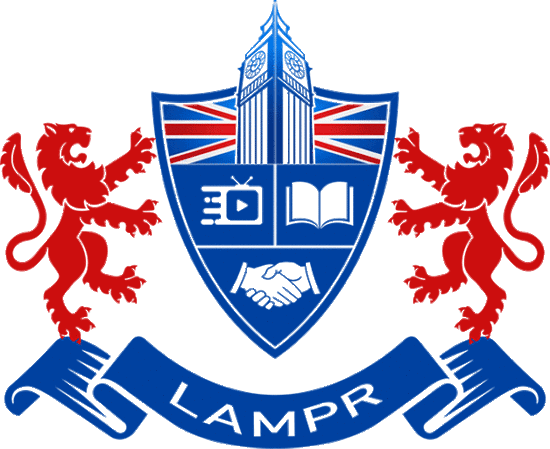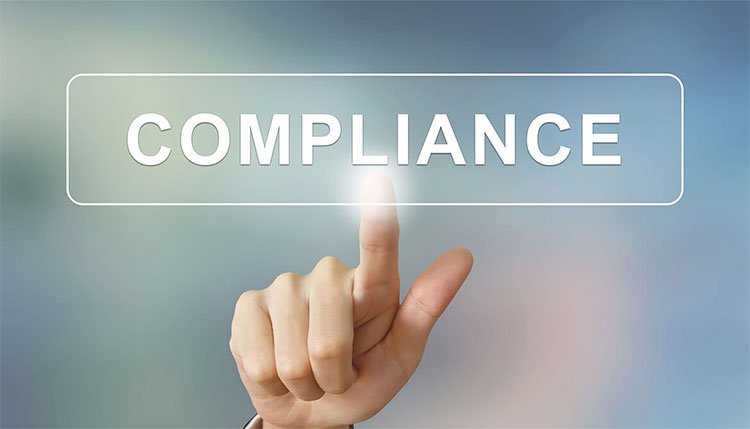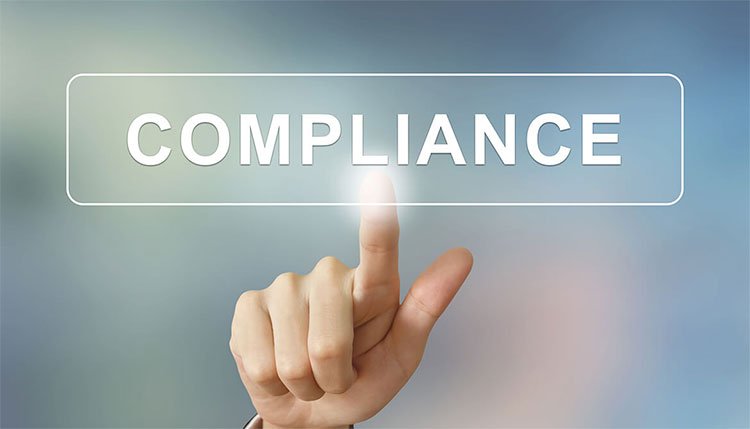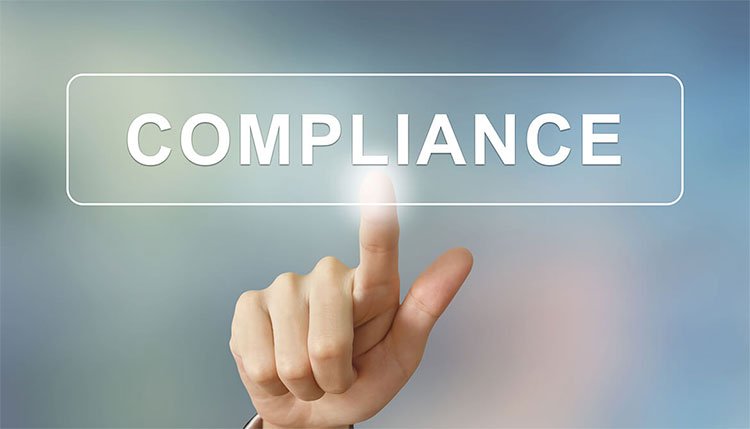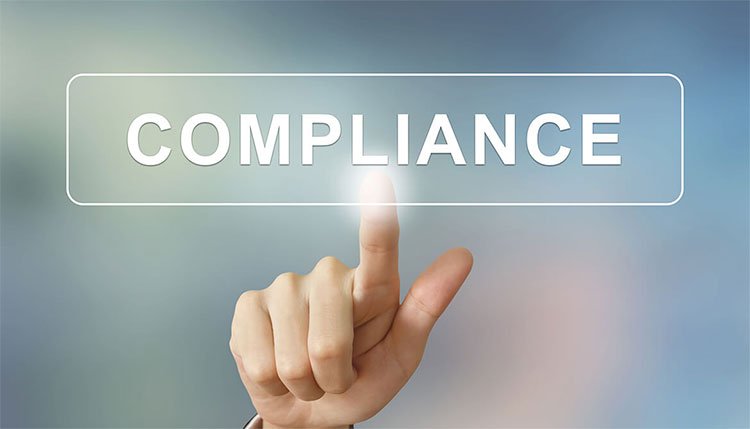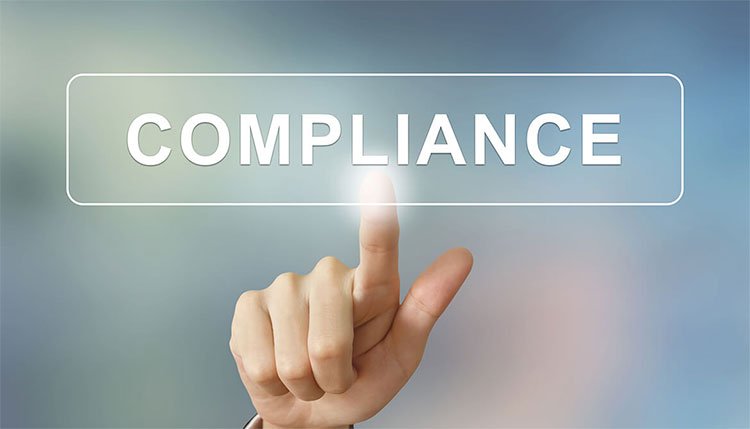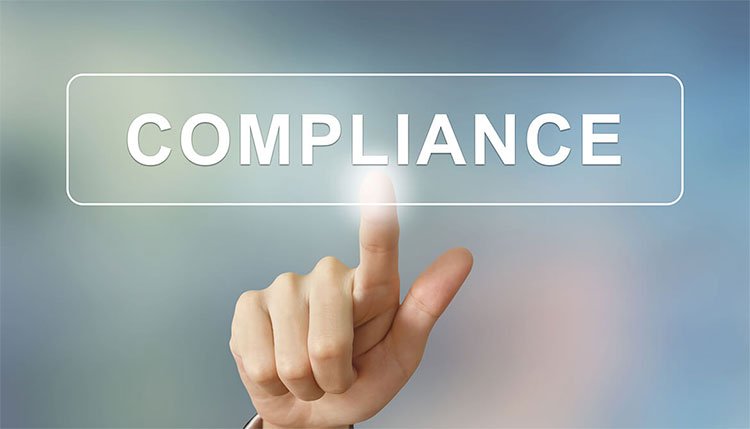Course Description
Managing protocol services in government institutions and international organizations is a vital skill that ensures the smooth operation and professionalism of formal events and interactions. This course is designed to provide participants with the knowledge and skills necessary to manage protocol services effectively, ensuring adherence to international standards and fostering positive relations. Participants will learn how to handle various protocol duties, from organizing official meetings to managing diplomatic interactions.
Course Objectives:
- Introduce participants to the fundamental concepts of protocol services in government and international contexts.
- Develop skills to effectively manage protocol services and ensure compliance with international standards.
- Train participants to handle various formal and diplomatic scenarios with confidence and professionalism.
- Enhance participants' understanding of the role of protocol in fostering positive relationships and organizational success.
Course Outcomes:
- Comprehensive understanding of the role and importance of protocol services in government and international organizations.
- Ability to plan and execute protocol services that meet international standards.
- Improved skills in managing formal interactions and diplomatic procedures.
- Increased capability to foster positive relationships through effective protocol management.
Course Outline for 5 Days:
Day 1: Introduction to Protocol Services in Government and International Organizations
- Module 1: Fundamentals of Protocol Services
- Definition and Importance of Protocol Services
- Overview of Protocol Roles and Responsibilities
- Module 2: Historical Development of Protocol Services
- Evolution of Protocol in Government and International Contexts
- Key Milestones in Protocol Development
- Module 3: Principles of International Protocol Standards
- Core Principles and Best Practices
- Case Studies of Protocol Successes
Day 2: Planning and Organizing Official Events
- Module 1: Event Planning Essentials
- Setting Objectives and Agendas for Official Events
- Venue Selection and Logistics Management
- Module 2: Coordination and Scheduling
- Creating and Managing Event Timelines
- Coordination with Stakeholders and Service Providers
- Module 3: Invitations and Communication
- Drafting and Sending Formal Invitations
- Managing RSVPs and Guest Communications
Day 3: Managing Formal Meetings and Diplomatic Interactions
- Module 1: Organizing Official Meetings
- Protocol for High-Level Meetings
- Setting Up Meeting Rooms and Arrangements
- Module 2: Diplomatic Etiquette and Procedures
- Receiving and Hosting Dignitaries
- Managing Diplomatic Correspondence
- Module 3: Protocol for Speeches and Presentations
- Preparing and Delivering Formal Speeches
- Managing Q&A Sessions and Public Interactions
Day 4: Cultural Sensitivity and International Relations
- Module 1: Understanding Cultural Differences
- Key Cultural Variations in Protocol
- Strategies for Cultural Sensitivity
- Module 2: Building International Relationships
- Networking and Relationship-Building Skills
- Long-Term Relationship Management
- Module 3: Handling Cultural Conflicts
- Identifying and Resolving Cultural Misunderstandings
- Techniques for Conflict Resolution
Day 5: Practical Applications and Real-Life Scenarios
- Module 1: Case Studies in Protocol Management
- Analysis of Real-Life Protocol Scenarios
- Lessons Learned from Protocol Experiences
- Module 2: Role-Playing Exercises
- Simulating Protocol Scenarios
- Practicing Protocol Skills in a Controlled Environment
- Module 3: Group Discussions and Experience Sharing
- Sharing Personal Experiences and Insights
- Group Discussions on Best Practices and Challenges
This course combines theoretical knowledge with practical exercises, enabling participants to gain a thorough understanding and hands-on experience in managing protocol services. This will enhance their ability to execute their duties with confidence and professionalism, fostering successful and respectful interactions in government and international settings.
Features
- Airport-to-hotel transfer.
- Coffee breaks.
- Study materials.
- Farewell open buffet.
- London tours, Buses & boats.
- Hotel-to-airport transfer.
